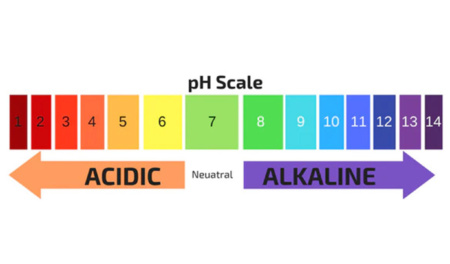The debate over the positives and negatives of the addition of fluoride to drinking water has raged on for quite some time. Surveys done by water companies across Australia have indicated an even split between opponents and supporters of the practice.
The Pros:
- Adding fluoride to public water supplies has been credited with being responsible for the decline in tooth decay within Australia since the mid-1980s. Affordable and convenient, it has been lauded as an important advancement in overall health and helps to protect against cavities.
- The Australian Dental Association’s official position on fluoride is that it is
completely safe for humans (if controlled at below recommended levels)—a position shared by many other health organizations. - Fluoride addition is sometimes viewed especially important in low-income areas, where access to non-water sources of fluoride (such as toothpastes) is limited to residents.
The Cons
- Although it is up to each individual water supplier as to whether to add fluoride, the Environmental Protection Agency has set a maximum level of 4 mg/L fluoride for human consumption. Consumption at higher levels over time has been proven to cause painful bone disease.
- However, even at this level, fluoride can cause dental fluorosis, or browning and pitting of the teeth, in young children. Thus far, it is only known to affect developing teeth before they come up through the gums. An estimated 10-15% of young people who receive the recommended dose of fluoride suffer from some degree of fluorosis. Children nine and under should not consume water with fluoride levels exceeding 2 mg/L.
- While credited for decreasing cavities among Australians, extensive studies have shown a surprising similarity in increased dental health in both communities with and without fluoridated water. It follows that the decrease in tooth decay may be better credited to an improvement in dental health care, earlier intervention, and the prevalence of fluoride in toothpastes and other mouth products, although further research is still necessary.
Do the Risks Outweigh the Benefits?
- Propaganda on both sides of the fluoridation debate has seriously clouded the ability to be objective as to the pros and cons of adding fluoride to public water supply. When scrutinized, the improvement in dental health over the last two decades is better attributed to improved diets and better (and earlier) dental care than to fluoridated water alone.
- Fluoride does offer cavity-prevention—in limited quantities. However, water suppliers who follow the maximum EPA guidelines put young children and their developing teeth at risk for disease, as the maximum fluoride level is twice that of the recommended level for children.
- Given the prevalence of fluoride in toothpaste, mouth rinses, and other dental products, combined with semi-annual fluoride treatments from a dentist, the addition of fluoride to public water supplies could well be questionable especially for children.




















